#the way of chuang tzu
Text
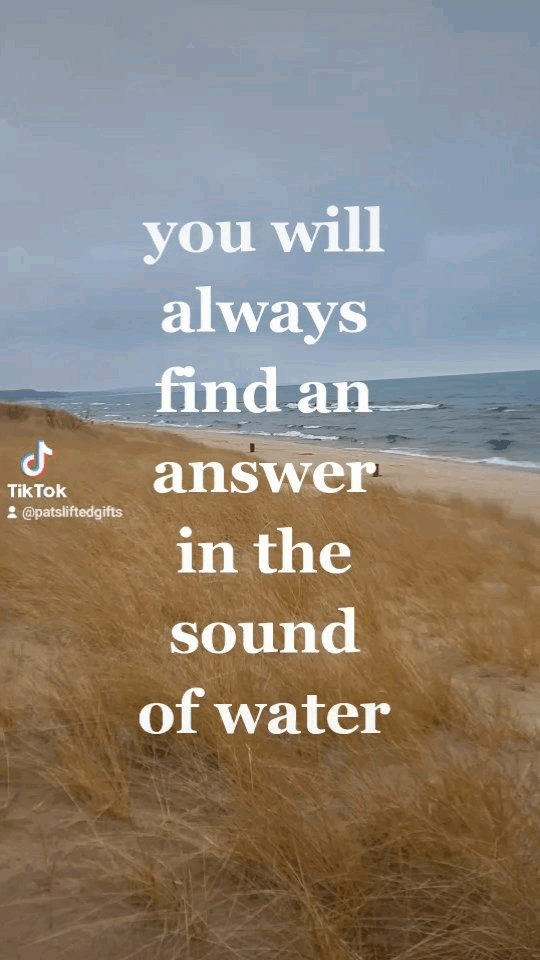
#daily reading#psychic#chuang tzu#chuang tzu quotes#the way#daily tarot#daily readings#daily quotes#quoteoftheday#daily quotation#beautiful quote#water#psychic medium#ask a medium#daily meditation#psychic messages#messages from the universe#messages from spirit#eastern philosophy#sound#answers
2 notes
·
View notes
Text
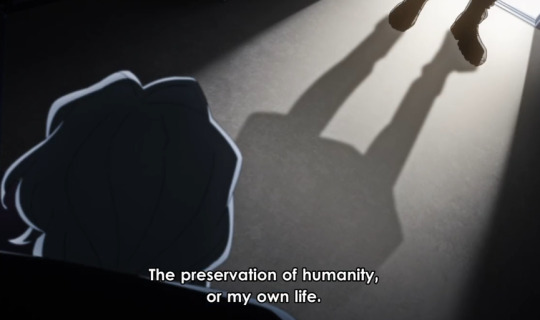
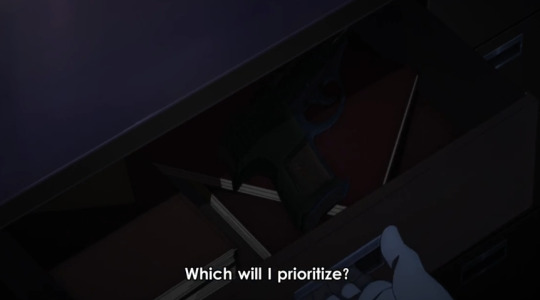
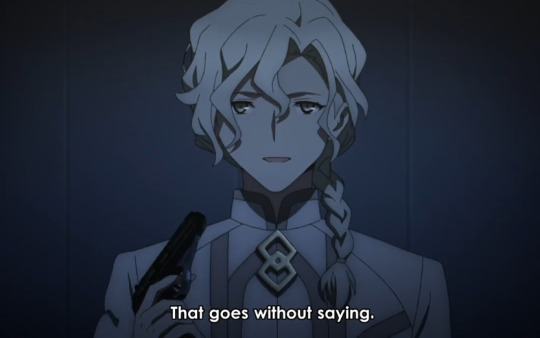
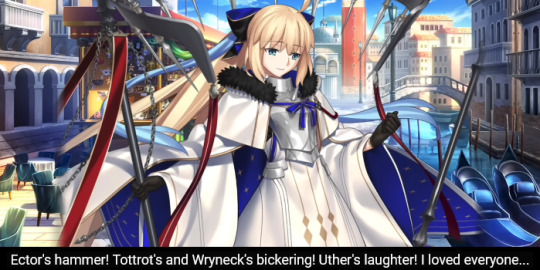
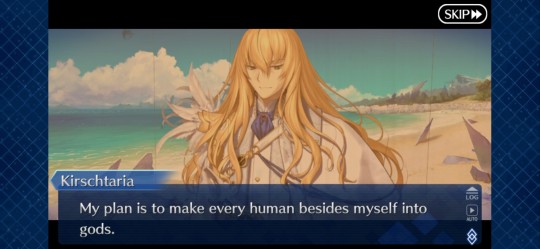
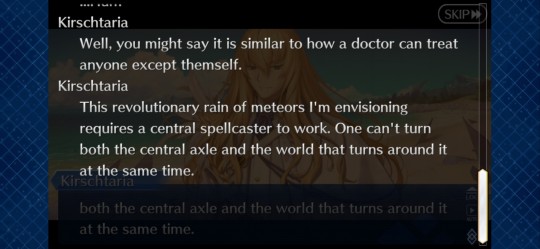
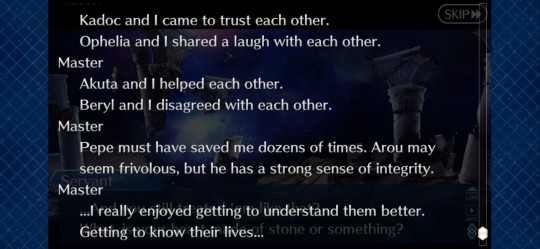
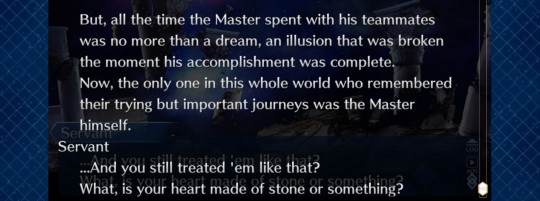
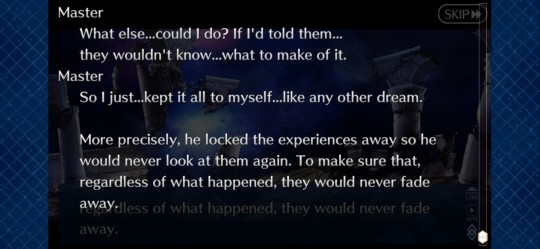
there has been a thematic thread linking marisbury's vision for humanity's future to kirschtaria's own desire to elevate humanity and protect the crypters, and morgan's own effort to protect the land of britain that contains the memories she made as aesc alongside the original tam lin and uther. this also reflects in artoria caster's existence post-avalon le fae as a simulacrum of the actual artoria caster that died in the lostbelt, preserved and embodied by artoria avalon so in some way the memory of that girl who remembered only sadness could be embraced by happiness. additionally, meltryllis in SE.RA.PH. breaching time and space to protect fujimaru is also a link in this chain. morgan's summer form, waking up after her spirit origin manifested her memories of being aesc, makes mention of the butterfly's dream: a philosophical thought musing that there is a transient boundary between dreams and reality.
the chinese philosopher chuang tzu once dreamt he was a butterfly, untethered and free to float in the air. he woke up questioning whether he dreamed he was a butterfly, or whether the butterfly was dreaming it was him. reality can feel like a dream, and a dream can feel more real than anything, underscoring how transience is an unavoidable part of the human condition. people will live their dreams and watch them end from the moment they are born to the day they die, and heroic spirits are the same because humanity lives every day chasing its dreams and heroic spirits are those dreams.
but starting with marisbury, we contend with the idea that sometimes, the dreamer does not wish for the dream to end. if dreams are transient because the dreamer must wake, then the only way to preserve the dream is if the dreamer fades away into the dream instead. marisbury seemingly committed suicide to preserve the animusphere grand order. meltryllis burned through the remnants of her existence to protect her memories of her timeline's fujimaru by saving them in their own. kirschtaria, already at death's door, stayed alive only to ensure his ideal and his friends could survive beyond his death, his soul being described as a bird taking flight with caeneus chasing in tow as he dies. morgan sacrificed being aesc so the land of britain could survive, and wiped her own memories of totorot and mash so they wouldn't be erased from existence for being time paradoxes. artoria caster used her entire life force to forge excalibur so the time she treasured could live on with her friends in chaldea as they fought to save proper human history, and themselves, from the rampage of cernunnos's corpse.
on top of all of that, there have been very cryptic visuals associating mash and butterflies since fgo's first opening. "shikisai" had the visual of a butterfly floating in ruins, and "yakudou" has a shot of mash's gaze following a butterfly flying into the sky. the butterfly is her guide, leading the way to the end of her dream. kinoko nasu himself once shared that cosmos in the lostbelt is a story about accepting that ends will come, and thus the butterfly is the lesson that she must take to heart to grow into a person who can claim what the purpose she chose is without shame or hesitation as the end draws near. this is something she did once saving fujimaru from goetia's ars almadel salomonis at the end of observer in timeless temple. and i would not be surprised if she did the same against marisbury at the end of cosmos in the lostbelt (which has yet to finish, as paper moon's trailer demonstrates having it be part of the chapter's title).
but what is the dream she is dreaming that is inevitably coming to an end that she will choose to protect at the cost of her place in it? if you've been reading this far, then the answer should be obvious.

but nasu wouldn't be much of a romantic if he believed an end is all you could really look forward to. the journey is far more important than the destination, because it's the only thing that can give the end meaning, as romani archaman rightly puts in his final conversation with mash. you can only extrapolate the significance of something after it's already over. not at the start, not in the middle of it, and not at when it's over, but at the moment that lies beyond the end of the dream.
and when a dream ends, that is the moment when another begins.
286 notes
·
View notes
Text
we are boddhisattva we are buddha dying waking up as butterflies who fall asleep as mahaprajnaparamita we cut down our bodhi trees burn dalai lama as a witch from shangri-la to auschwitz we barter karma is a bitch glory be satori but its hallucinatory and it's sure to be a story we can tell in purgatory we saw it once on mescaline, enlightenment is boring alll your heroes reincarnated the grateful dead is touring lao tzu chuang tzu yin-yang tattoos fuck your mystic wisdom find your own way home from bonnaroo its just one more religion fuck your visions weve done acid too
DESTROY TO ENJOY
DESTROY TO ENJOY
DESTROY TO ENJOY
DESTROY TO ENJOY
#ahhh will wood#everything is a lot#destroy to enjoy#i actually learnt this!!! its rlly fun to chant at someone who doesnt know will wood#will wood#will woodussy
111 notes
·
View notes
Text

The Way Of Chuang Tzu, Thomas Merton
35 notes
·
View notes
Text

When I began to think about the work you commanded
I guarded my spirit, did not expend it
On trifles, that were not to the point.
I fasted in order to set
My heart at rest.
After three days fasting,
I had forgotten gain and success.
After five days
I had forgotten praise or criticism.
After seven days
I had forgotten my body
With all its limbs.
—Thomas Merton, The Wood Carver, in The Way of Chuang Tzu (莊子), (1965)
[Thanks Robert Scott Horton]
15 notes
·
View notes
Text
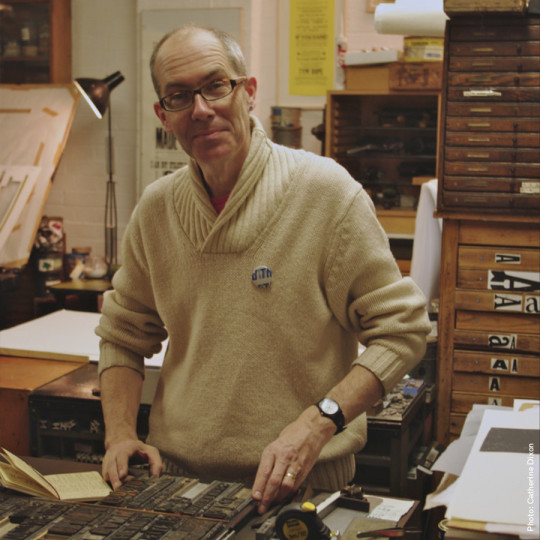
Phil Baines, who has died aged 65 of multiple system atrophy, was one of the most distinctive voices in contemporary British graphic design. His work included books, posters, art catalogues and lettering for three important London monuments – the memorial to the Indian Ocean tsunami in the grounds of the Natural History Museum and the 7 July memorials in Hyde Park and Tavistock Square, commemorating the victims of the 2005 London bombings. These projects point to Baines’s defining attributes: a scholarly appreciation of letterforms, a deep-rooted respect for materials and a love of collaboration.
Such attributes can also be seen in Baines’s cover designs for the Penguin Great Ideas series (2004-20), works by “great thinkers, pioneers, radicals and visionaries” that gave him a canvas on which to display his typographic philosophy. The Saint Augustine – Confessions of a Sinner cover, for instance, uses ancient ecclesiastical letterforms and yet looks superbly modern. For Chuang Tzu — The Tao of Nature, Baines arranged letters to suggest a butterfly in flight. David Pearson, one of two art directors for the series, described how his “often-oblique approach gave the series a crucial added dimension”.
Born in Kendal, Cumbria, Phil was one of the three children of Martin Baines, a construction contract manager, and Joan (nee Quarmby), a horticulturalist. Growing up in a Roman Catholic household, he began studies for the priesthood at Ushaw College, County Durham. During the holidays from Ushaw he worked at the Guild of Lakeland Craftsmen, Windermere, and from there his interest and confidence in art grew.
At the start of his fourth year, he quit Ushaw, and in 1980 began a year’s study on the foundation course at Cumbria College of Art and Design. In 1982 he moved to London and enrolled on the graphic design course at St Martin’s School of Art (now Central Saint Martins), where he met Jackie Warner, whom he married in 1989, and where he was among a talented cohort, many of whom went on to study, as he did, at the Royal College of Art.
Richard Doust, then leader of the first-year course at St Martins, recalled the portfolio Baines submitted for admission: “I was so excited … I was sure he was going to be someone very special. He quickly established his individuality. He made typography and particularly letterpress his own territory.”
Baines was fiercely individual – he did not join schools of thought or align himself with fashionable camps. Instead, he built a creative practice based on his belief in the “humanist” qualities of the English typographic tradition.
His contemporaries were using the computer to bring a new complexity to graphic communication. Smart software allowed for the overlapping and interweaving of text in ways that echoed the ecclesiastical manuscripts that Baines admired so much. He was no Luddite, and used the computer himself, yet his work invariably retained an element of the handmade.
Paradoxically, his work was greatly admired by the new generation of digital designers. Neville Brody, for instance, included Baines’s work in his experimental typography publication FUSE, produced to demonstrate the malleability of the new digital typography. Baines’s work does not look out of place among the other contributors, many of them American typography radicals whose multi-layered layouts were driven by modish theories of deconstruction and poststructuralism.
In 1988 he returned to Central Saint Martins (CSM), as part of the faculty. In staff meetings his willingness to say the unsayable was a frequent cause for consternation among colleagues. To his students he preached a doctrine of “object-based learning”, a typically contrarian notion in the age of screen-based and virtual graphic design. He was appointed a professor in 2006 and retired in 2020 as emeritus professor.
Despite his commitment to teaching, Baines did not give up his work for clients. As well as designing books for leading publishers, he worked for the Crafts Council and the Ditchling Museum of Art + Craft, and designed the signage for CSM’s King’s Cross campus. He designed exhibition catalogues for Matt’s Gallery, south-west London, relishing the creative three-way collaboration that existed between the gallery’s director, Robin Klassnik, exhibiting artists and himself.
He wrote books that contributed to the understanding of visual communication: Type & Typography (with Andrew Haslam, 2002), Signs: Lettering in the Environment (with Catherine Dixon, 2003) and Penguin by Design: A Cover Story 1935-2005 (2005), the last of which helped establish Penguin cover art as one of the most important bodies of graphic art in British design history.
With Dixon, he co-curated the Central Lettering Record, an archive of typographic history housed at CSM, and in November 2023 his work was celebrated in an exhibition, Extol: Phil Baines Celebrating Letters, at the Lethaby gallery, CSM. He was appointed as the Royal Mint advisory committee’s lettering expert in 2016, and reappointed in 2021 to advise on the integration of lettering on new coins and medals, with consideration given to special issues and the accession of King Charles to the throne. For this work, in 2023 he was awarded the Coronation medal.
Baines was an enthusiastic runner and cyclist, and loved music, especially the Manchester post-punk band the Fall. He was a collector of signs, lettering, and railwayana, and built his own studios at his home in Willesden Green, north-west London. A few years before his retirement he moved to Great Paxton, Cambridgeshire, where he took up bellringing.
He is survived by Jackie and their two daughters, Beth and Felicity, and by his father.
🔔 Philip Andrew Baines, graphic designer, born 8 December 1958; died 19 December 2023
Daily inspiration. Discover more photos at Just for Books…?
9 notes
·
View notes
Quote
They found security in letting go rather than in holding on and, in so doing, developed an attitude toward life that might be called psychophysical judo. Nearly twenty-five centuries ago, the Chinese sages Lao-tzu and Chuang-tzu had called it wu-wei, which is perhaps best translated as “action without forcing.” It is sailing in the stream of the Tao, or course of nature, and navigating the currents of li (organic pattern)—a word that originally signified the natural markings in jade or the grain in wood. As this attitude spread and prevailed in the wake of Vibration Training, people became more and more indulgent about eccentricity in life-style, tolerant of racial and religious differences, and adventurous in exploring unusual ways of loving.
Alan Watts
146 notes
·
View notes
Text
They found security in letting go rather than in holding on and, in so doing, developed an attitude toward life that might be called psychophysical judo. Nearly twenty-five centuries ago, the Chinese sages Lao-tzu and Chuang-tzu had called it wu-wei, which is perhaps best translated as “action without forcing.” It is sailing in the stream of the Tao, or course of nature, and navigating the currents of li (organic pattern)—a word that originally signified the natural markings in jade or the grain in wood. As this attitude spread and prevailed in the wake of Vibration Training, people became more and more indulgent about eccentricity in life-style, tolerant of racial and religious differences, and adventurous in exploring unusual ways of loving.
— Alan Wilson Watts
12 notes
·
View notes
Text
Chuang Tzu 5.3
In Lû there was a cripple, called Shû-shan the Toeless, who came on his heels to see Kung-nì.
Kung-nì said to him, "By your want of circumspection in the past, Sir, you have incurred such a calamity—of what use is your coming to me now?"
Toeless said, "Through my ignorance of my proper business and taking too little care of my body, I came to lose my feet. But now I am come to you, still possessing what is more honorable than my feet, and which therefore I am anxious to preserve entire. There is nothing which Heaven does not cover, and nothing which Earth does not sustain; you, Master, were regarded by me as doing the part of Heaven and Earth—how could I know that you would receive me in such a way?"
Confucius rejoined, "I am but a poor creature. But why, my master, do you not come inside, where I will try to tell you what I have learned?"
When Toeless had gone out, Confucius said, "Be stimulated to effort, my disciples. This toeless cripple is still anxious to learn to make up for the evil of his former conduct—how much more should those be so whose conduct has been unchallenged!"
Toeless, however, told Lâo Tan of the interview, saying, "Khung Khiû, I apprehend, has not yet attained to be a Perfect man. What has he to do with keeping a crowd of disciples around him? He is seeking to have the reputation of being an extraordinary and marvelous man, and does not know that the Perfect man considers this to be as handcuffs and fetters to him."
Lâo Tan said, "Why did you not simply lead him to see the unity of life and death, and that the admissible and inadmissible belong to one category, so freeing him from his fetters? Would this be possible?"
Toeless said, "It is the punishment inflicted on him by Heaven. How can he be freed from it?"
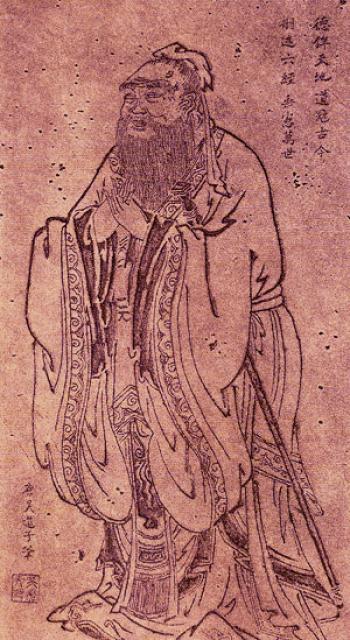
3 notes
·
View notes
Text
Two Stories About Pearls
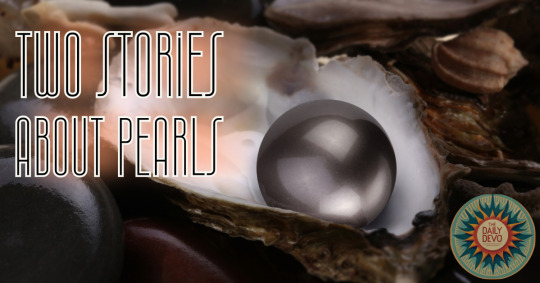
In Chuang Tzu's writings, translated by Thomas Merton, there is this interesting poem/parable I read and re-read a few times, pondering its meaning. It resonated with me and reminded me of a parable that Jesus taught (more on that in a bit).
Here's the poem in its entirety:
The Yellow Emperor went wandering
To the north of the Red Water
To the Kwun Lun mountain. He looked around
Over the edge of the world. On the way home
He lost his night-colored pearl.
He sent out Science to seek his pearl, and got nothing.
He sent Analysis to look for his pearl, and got nothing.
He sent out Logic to seek his pearl, and got nothing.
Then he asked Nothingness, and Nothingness had it!
The Yellow Emperor said:
"Strange, indeed: Nothingness
Who was not sent
Who did no work to find it
Had the night-colored pearl!"
You might wonder what this has to do with anything Devo-related, and I get that. Stick with me, though; there's so much good stuff in this.
First, you must suspend disbelief momentarily and realize this is a poem/parable, enabling you to use your imagination. While there may be no Yellow King in our reality, there is such a thing as a "night-colored" or black pearl, and it's still expensive.
The King's journey to the mountain represents his life's search for meaning and truth. It ultimately leads him to look over the world's edge and then simply return home.
But something gets lost on the way, his valuable pearl.
The pearl in this story represents the most valuable thing to the Yellow King. We don't know what it might be, but the King is desperate to find it, so he employs all the means at his disposal, emissaries of Science, Logic, and Analysis.
Finally, when there are no results, he decides to ask Nothingness, who, of course, had the pearl---perhaps all along.
You might ask, "What is 'Nothingness'?"
This parable has to do with surrender, a letting go of all the effort to seek understanding on your own terms, to find truth and beauty by your exertions.
This is "No-thing-ness," which means there is nothing except surrender that will help you find peace with God and yourself, which is most likely the best explanation of the pearl in the parable.
Jesus told a similar story about a merchant who discovered a "pearl of great price" that was so incredible that he sold everything he had to own it. In other words, he traded everything he'd thought he wanted for what he truly desired.
Jesus began that story with these words: "For the kingdom of God is like…"
His point was that when you finally discover the kingdom of God, or the peace of God all around you, it surprises you and changes you. So much so that you would be willing to surrender everything to attain it.
As Fr. Francis X. Clooney puts it:
"In Jesus' teaching, the kingdom is not somewhere else, not an extraordinary show that can’t be missed or that will never come. Instead, the kingdom is right where we are now, as close as our five senses if only we know how to see."
May we all learn what it means to surrender our efforts to try to glimpse our own "pearl of great price" as we search for God's kingdom of peace here on earth.
May we all discover the truth that No-thing-ness will help us see more clearly that our own efforts on our terms will never get us what we long for. It's only when we surrender that we'll know the truth, which will set us free.
May the grace and peace of our Lord Jesus Christ be with us all, now and forever. Amen.
#presbymusings#leonbloder#dailydevotional#faith#christian living#leon bloder#dailydevo#spiritualgrowth#dailydevotion#spirituality
2 notes
·
View notes
Text
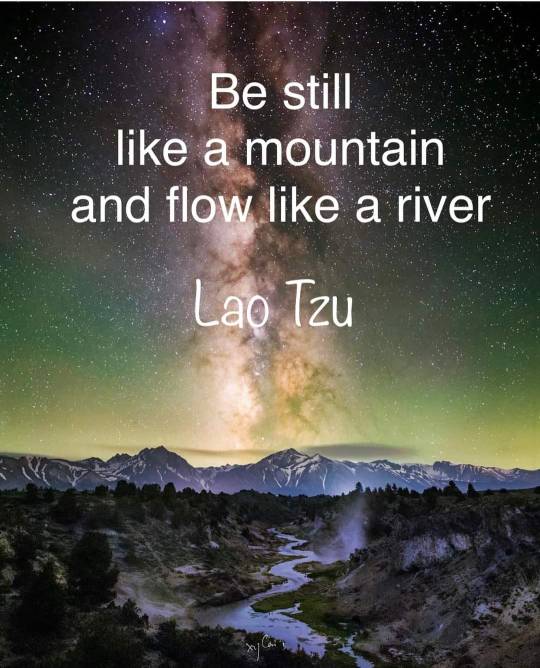
We let
our self go
riding a cool breeze
In Wu Wei
effortlessly
moving at ease
In
rivers
forests
mountains
ancestor stars
up in the Milky Way
these are Chuang Tzu’s
dazzling pearls and beads
Here
we witness
all our thoughts
they come and go
just like ocean tides
In this Silent
Illumination
There’s no
separation
Oneness
Arises from
the emptiness
Containing the
potential possibilities
of absolutely Everything
every night and
every day
We’re One
with the
mysterious
eternal Tao
simply flowing
as the Way
epc 1956-♾
Image credit: Xing Yang Cai
Image quote: Lao Tzu
Zen Taoism Buddhism Tick Nhat Hanh Dalai Lama
11 notes
·
View notes
Text
“The Empty Boat
He who rules men lives in confusion;
He who is ruled by men lives in sorrow.
Yao therefore desired
Neither to influence others
Nor to be influenced by them.
The way to get clear of confusion
And free of sorrow
Is to live with Tao
In the land of the great Void.
If a man is crossing a river
And an empty boat collides with his own skiff,
Even though he be a bad-tempered man
He will not become very angry.
But if he sees a man in the boat,
He will shout at him to steer clear.
If the shout is not heard, he will shout again,
And yet again, and begin cursing.
And all because there is somebody in the boat.
Yet if the boat were empty.
He would not be shouting, and not angry.
If you can empty your own boat
Crossing the river of the world,
No one will oppose you,
No one will seek to harm you.
The straight tree is the first to be cut down,
The spring of clear water is the first to be drained dry.
If you wish to improve your wisdom
And shame the ignorant,
To cultivate your character
And outshine others;
A light will shine around you
As if you had swallowed the sun and the moon:
You will not avoid calamity.
A wise man has said:
"He who is content with himself
Has done a worthless work.
Achievement is the beginning of failure.
Fame is beginning of disgrace."
Who can free himself from achievement
And from fame, descend and be lost
Amid the masses of men?
He will flow like Tao, unseen,
He will go about like Life itself
With no name and no home.
Simple is he, without distinction.
To all appearances he is a fool.
His steps leave no trace. He has no power.
He achieves nothing, has no reputation.
Since he judges no one
No one judges him.
Such is the perfect man:
His boat is empty.”
― Thomas Merton, The Way of Chuang Tzu
6 notes
·
View notes
Text
“A therapist told me in my midtwenties, when my diagnosis was still bipolar disorder, that I was her only client who could hold down a full-time job. Among psychiatric researchers, having a job is considered one of the major characteristics of being a high-functioning person. Most recently, Saks has spearheaded one of the largest extant studies about the nature of high-functioning schizophrenia. In it, employment remains the primary marker of someone who is high-functioning, as having a job is the most reliable sign that you can pass in the world as normal. Most critically, a capitalist society values productivity in its citizens above all else, and those with severe mental illness are much less likely to be productive in ways considered valuable: by adding to the cycle of production and profit. Our society demands what Chinese poet Chuang Tzu (370–287 BCE) describes in his poem “Active Life”:
Produce! Get results! Make money! Make friends! Make changes!
Or you will die of despair.”
— Esmé Weijun Wang, The Collected Schizophrenias
3 notes
·
View notes
Text
https://www.libertariantaoist.com/?p=9480
DAILY SELECTIONS FROM LAO-TZU’S TAO TE CHING — JANUARY 10, 2024
“What you plant well can’t be uprooted
what you hold well can’t be taken away
your descendants will worship this forever
cultivated in yourself virtue becomes real
cultivated in your family virtue grows
cultivated in your village virtue multiplies
cultivated in your state virtue abounds
cultivated in your world virtue is everywhere
thus view others through yourself
view families through your family
view villages through your village
view states through your state
view other worlds through your world
how do you know what other worlds are like
through this one”
-Lao-tzu-
(Taoteching, verse 54, translation by Red Pine)
WU CH’ENG says, “Those who plant something well, plant it without planting. Thus, it is never uprooted. Those who hold something well, hold it without holding. Thus, it is never taken away.”
WANG AN-SHIH says, “What we plant well is virtue. What we hold well is oneness. When virtue flourishes, distant generations give praise.”
TS’AO TAO-CH’UNG says, “First improve yourself, then reach out to others and to later generations bequeath the noble, pure, and kindly Tao. Thus, blessings reach your descendants, virtue grows, beauty lasts, and worship never ends.”
SUNG CH’ANG-HSING says, “In ancient times, ancestral worship consisted in choosing an auspicious day before the full moon, in fasting, in selecting sacrificial animals, in purifying the ritual vessels, in preparing a feast on the appointed day, in venerating ancestors as if they were present, and in thanking them for their virtuous example. Those who cultivate the way likewise enable later generations to enjoy the fruits of their cultivation.”
HO-SHANG KUNG says, “We cultivate the Tao in ourselves by cherishing our breath and by nourishing our spirit and thus by prolonging our life. We cultivate the Tao in our family by being loving as a parent, filial as a child, kind as an elder, obedient as the younger, dependable as a husband, and chaste as a wife. We cultivate the Tao in our village by honoring the aged and caring for the young, by teaching the benighted and instructing the perverse. We cultivate the Tao in our state by being honest as an official and loyal as an aide. We cultivate the Tao in the world by letting things change without giving orders. Lao-tzu asks how we know that those who cultivate the Tao prosper and those who ignore the Tao perish. We know by comparing those who don’t cultivate the Tao with those who do.”
YEN TSUN says, “Let your person be the yardstick of other persons. Let your family be the level of other families. Let your village be the square of other villages. Let your state be the plumb line of other states. As for the world, the ruler is its heart, and the world is his body.”
CHUANG-TZU says, “The reality of the Tao lies in concern for the self. Concern for the state is irrelevant, and concern for the world is cow shit. From this standpoint, the emperor’s work is the sage’s hobby and is not what develops the self or nourishes life” (Chuangtzu: 28.3).
CONFUCIUS says, “The ancients who wished to manifest Virtue in the world first ordered their states. Wishing to order their states, they first harmonized their families. Wishing to harmonize their families, they first cultivated themselves. Wishing to cultivate themselves, they first perfected their minds. Wishing to perfect their minds, they first rectified their thoughts. Wishing to rectify their thoughts, they first deepened their knowledge” (Tahsueh:4).
And RED PINE notes that the last seven lines of today’s verse is similar to that of the line in the poem “Carving an Ax Handle” in the Book of Songs: “In carving an ax handle, the pattern is not far off.”
2 notes
·
View notes
Text
The Need to Win
When an archer is shooting for nothing
He has all his skill.
If he shoots for a brass buckle
He is already nervous.
If he shoots for a prize of gold
He goes blind
Or sees two targets-
He is out of his mind!
His skill has not changed. But the prize
Divides him. He cares,
He thinks more of winning
Than of shooting-
And, the need to win
Drains him of power.
— The Way of Chuang Tzu, Thomas Merton
37 notes
·
View notes
Text
The Empty Boat
He who rules men lives in confusion;
He who is ruled by men lives in sorrow.
Yao therefore desired
Neither to influence others
Nor to be influenced by them.
The way to get clear of confusion
And free of sorrow
Is to live with Tao
In the land of the great Void.
If a man is crossing a river
And an empty boat collides with his own skiff,
Even though he be a bad-tempered man
He will not become very angry.
But if he sees a man in the boat,
He will shout at him to steer clear.
If the shout is not heard, he will shout again,
And yet again, and begin cursing.
And all because there is somebody in the boat.
Yet if the boat were empty.
He would not be shouting, and not angry.
If you can empty your own boat
Crossing the river of the world,
No one will oppose you,
No one will seek to harm you.
The straight tree is the first to be cut down,
The spring of clear water is the first to be drained dry.
If you wish to improve your wisdom
And shame the ignorant,
To cultivate your character
And outshine others;
A light will shine around you
As if you had swallowed the sun and the moon:
You will not avoid calamity.
A wise man has said:
"He who is content with himself
Has done a worthless work.
Achievement is the beginning of failure.
Fame is beginning of disgrace."
Who can free himself from achievement
And from fame, descend and be lost
Amid the masses of men?
He will flow like Tao, unseen,
He will go about like Life itself
With no name and no home.
Simple is he, without distinction.
To all appearances he is a fool.
His steps leave no trace. He has no power.
He achieves nothing, has no reputation.
Since he judges no one
No one judges him.
Such is the perfect man:
His boat is empty.
—Thomas Merton, The Way of Chuang Tzu

23 notes
·
View notes